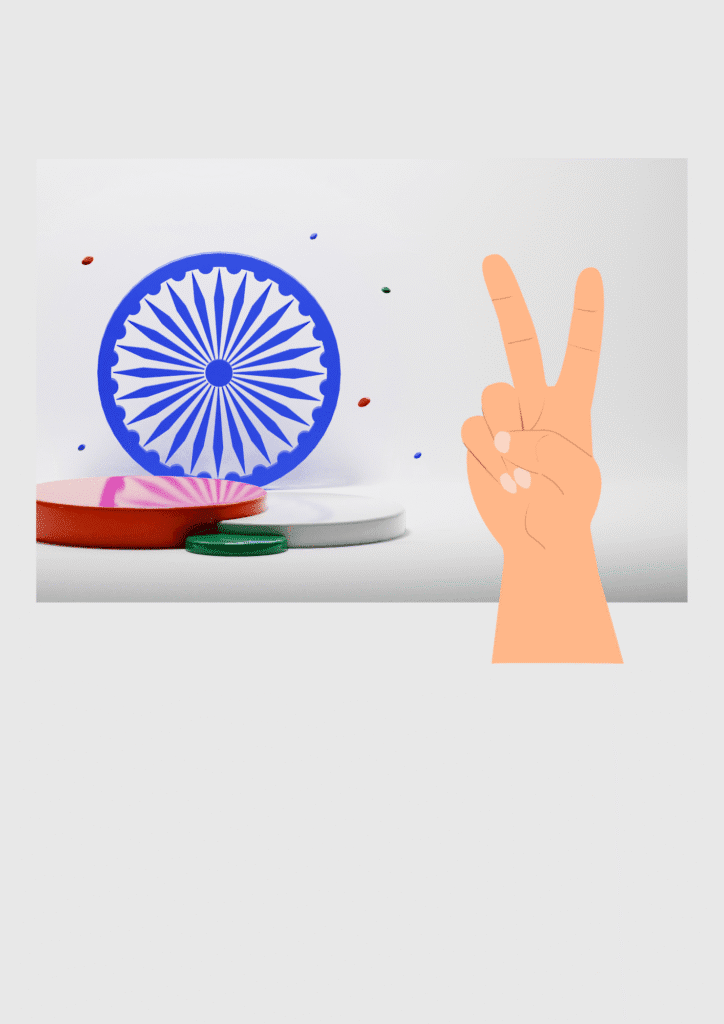Why Clients & Patients Should Seek Assurance, Not Guarantees, from Legal and Medical Professionals in India
In an increasingly aware and digital-first India, clients and patients have more access than ever before to professionals in law and healthcare. Yet a growing trend has emerged: clients are seeking guarantees from lawyers and doctors before availing of services. While this might seem reasonable, it is a misunderstanding of how legal and medical systems function. This article aims to educate clients and patients on the importance of seeking assurance, not guarantees, while engaging with professionals.
Understanding the Legal Landscape
Legal processes in India are influenced by a multitude of variables: the facts of the case, judicial interpretation, procedural delays, the competence of opposing counsel, and even the responsiveness of administrative or enforcement agencies. No lawyer can promise a result, only a committed effort.
Why Guarantees in Law Don’t Work
- Judicial Discretion: Judges interpret evidence and law; outcomes are not pre-programmed.
- Administrative Dependencies: Registry delays, adjournments, and backlog play a role.
- Opposition Dynamics: The opposing party’s strategy and evidence can change the course of a case.
Instead of seeking a guarantee like “you will win the case,” clients should look for:
- A realistic legal strategy.
- Transparent communication about risks and stages.
- A breakdown of expected timelines and fee structures.
The Legal Consumer Protection Landscape
According to the Ministry of Consumer Affairs and recent consumer court data, legal services are the second-most complained-about professional service after real estate. This shows both rising consumer awareness and dissatisfaction often stemming from misaligned expectations.
Moreover, legaltech platforms and startup legal advisors often overpromise on deliverables, increasing the expectation of guarantees rather than effort or due diligence. The Law Commission and Bar Council of India both stress that professionals are ethically prohibited from guaranteeing outcomes.
Soft Transition: What About Medical Services?
Just as clients in legal matters demand certainty, patients in healthcare are increasingly seeking guarantees of recovery. This trend, while understandable emotionally, is just as impractical.
The Reality of Medical Complexity
The human body is dynamic. What works for one patient may not work for another due to genetics, pre-existing conditions, and response variability. In medical science, there’s rarely a one-size-fits-all answer.
Why Doctors Can’t Offer Guarantees
- Diagnostic Uncertainty: Initial symptoms often mimic multiple conditions.
- Treatment Response Variability: Drugs affect patients differently.
- Systemic Issues: From hospital infrastructure to availability of medicine, external factors play a huge role.
The Ministry of Health and Family Welfare has reported a growing number of medico-legal cases, particularly in states like Maharashtra, Tamil Nadu, and West Bengal. In 2024 alone, over 5.2 million cases of alleged medical negligence were reported, though many were found unsubstantiated or lacking evidence.
What Patients Should Ask For
- Assurance of qualified care and standard protocol adherence.
- Clarity on risks, benefits, and alternatives.
- Access to medical records and documentation.
A Common Thread: Complex Systems and Reasonable Expectations
Whether it is the judiciary or the human body, the outcome is influenced by:
- External systems (courts, hospitals, regulatory bodies).
- Internal unpredictabilities (opposing counsel, patient biology).
- Resource access (time, equipment, administrative efficiency).
In both professions, assurance should mean:
- Professional diligence.
- Ethical conduct.
- Transparent communication.
Final Thoughts
Instead of demanding guarantees, clients and patients must build a mindset around assurance and accountability. The right question isn’t “Will I win?” or “Will I be cured?” but rather “What is the process? What are the risks? Are you following best practices?”
Empowered citizens are those who understand the limits and possibilities of the systems they engage with. Professionals, in turn, must foster trust by offering clarity, not certainty.
By shifting focus from guarantees to good governance, both legal and healthcare outcomes in India can improve not only in efficiency but also in trust.
- Ministry of Health and Family Welfare Reports (2024).
- Consumer Court Case Data, Ministry of Consumer Affairs.
- Indian Medical Association medico-legal advisory updates.
- Law Commission of India and Bar Council guidelines on legal advertising and professional ethics.
- Times of India & Business Standard reports on malpractice trends.
Disclaimer:
The content of this article is intended for general informational and educational purposes only. It does not constitute legal or medical advice, nor does it substitute for professional consultation with qualified legal practitioners or healthcare professionals. Readers are advised to consult appropriate experts or authorities before making decisions based on the content. The views expressed are personal and do not represent any organization or institution.
















